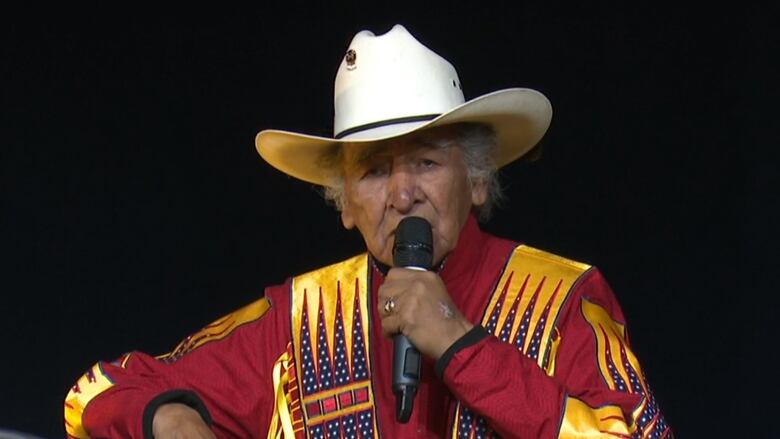Suicide prevention help 'inadequate' for First Nations people in Saskatchewan: paper
Suicide rate for First Nations people in province more than four times higher than average

First Nations people in Saskatchewan contemplating suicide face inadequate options for help and those who seek support are often left disappointed, a local clinical psychology practitioner says.
Suicide prevention for First Nations people isan urgent health-care need, Dr. Kim McKay-McNabbsaid in a discussion paper on a provincial suicide prevention strategy for Saskatchewan.
In the paper,released earlier this month, shedescribed the stigma surrounding mental health illnesses and the need for timely access to medical professionals, particularly First Nations professionals.
Suicide rates for First Nations people in the province from 2005-15 were more than four times higher than for non-First Nations people, the paper says. In it,McKay-McNabboutlined several instances where barriers existed for First Nations people looking to access mental health supports in the province, such as the few mental health therapists listed by Health Canada's First Nations and Inuit Health Branch who are actually taking new clients.
"At the present time, there are very few options for mental health supports [for First Nations people in Saskatchewan]," McKay-McNabb wrote. "There is a need for integrating traditional/ceremonial options" for those whorequest them, she added.
The discussion paper was released by the Federation of Sovereign Indigenous Nations, which is developing a multi-facetedFirst Nationssuicide prevention strategy, expected by May 31, 2018.
Integrate cultural healing
McKay-McNabb's words ring true for Kat Worm, the manager of the wellness and community development unit at the Saskatchewan Indian Institute of Technology in Saskatoon.
"I'm a firm believer that for us to really heal and for our people to really pick themselves up, it has to be our ways," Worm said.
Her unit is a three-person team that collaborates with Health Canada to procure professional development training services for workforces on reserve.
Since 2013, Wormhas helpedorganize the Saskatchewan Regional Mental Wellness Knowledge Exchange, which was held in Saskatoon Wednesday and open to the public for the first time.
"There's that underlying need for culture and our own ways of doing thingsthat we've started to weave and thread within our programing, and in our trainings, and in our conferences we ensure that there's always a smudge available for anybody who desires," Worm said.
Elders are also in attendance for organized conferences to offer supportto those who ask, she added.
Knowledge Exchangekeynote speaker Howard Walker spoke Wednesday of mental health supports and his own experience with First Nations suicide.
"Never look down on anyone, unless you're helping them up," Walker said twice during his speech, who hails fromSturgeon Lake First Nation
During his life, seeing young Indigenous people struggling with alcohol, drugs and violence strengthened him to do more to help them, he said.
"In the 40 years I worked as a front-line worker in the field of drugs and alcohol, I found nine young people who took their lives from suicide," Walker said.
An 11-year-old girl's death stuck out the most, he said; he had cut her down after she hanged herself. A note that said "Nobody listens, nobody cares, life sucks" was found in her pocket.
Worm said integrating traditional cultural healing practices into care is an essential part of preventing such tragedies.
"We want to be able to bring back that Indigenousness.
"Like I keep saying, our ways of being and knowing and doing because those are the ways that are going to work for our people to heal and to move forward."












_(720p).jpg)


 OFFICIAL HD MUSIC VIDEO.jpg)
.jpg)



























































































